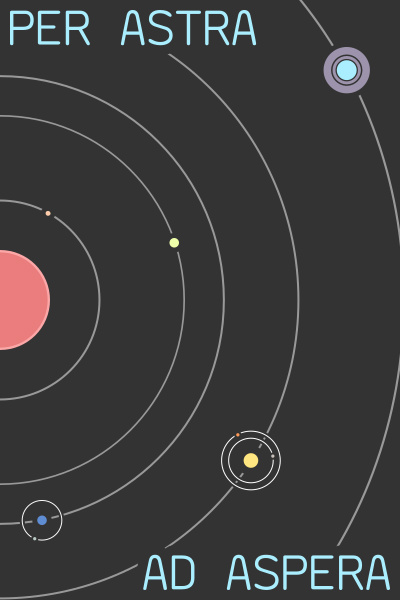1
2
3
4
5
6
7
8
9
10
11
12
13
14
15
16
17
18
19
20
21
22
23
24
25
26
27
28
29
30
31
32
33
34
35
36
37
38
39
40
41
42
43
44
45
46
47
48
49
50
51
52
53
54
55
56
57
58
59
60
61
62
63
64
65
66
67
68
69
70
71
72
73
74
75
76
77
78
79
80
|
#ifndef _ZoO_CORE_SEQUENCE_H_
#define _ZoO_CORE_SEQUENCE_H_
#include "../core/char_types.h"
#include "../core/index_types.h"
#include "../pipe/pipe.h"
#include "../knowledge/knowledge_types.h"
#include "sequence_types.h"
int ZoO_sequence_from_undercase_string
(
const ZoO_char string [const restrict],
const ZoO_index string_length,
struct ZoO_knowledge k [const restrict static 1],
ZoO_index * sequence [const restrict static 1],
ZoO_index sequence_length [const restrict static 1],
const struct ZoO_pipe io [const restrict static 1]
);
/*
* Creates a sequence containing {initial_word}. The remaining elements of
* sequence are added according to what is known to {k} as being possible.
* The resulting sequence starts by ZoO_START_OF_SEQUENCE_ID, and ends by
* ZoO_END_OF_SEQUENCE_ID. The sequence is allocated by the function. If an
* error occur, it is unallocated and set to NULL ({sequence_size} is set
* accordingly).
* Return:
* 0 on success.
* -1 iff the allocating failed.
* -2 iff the sequence initialization failed.
* -3 iff an error occured when trying to add elements to the right of the
* sequence.
* -4 iff an error occured when trying to add elements to the left of the
* sequence.
* -5 iff the resulting sequence would have been empty.
* Pre:
* (> {markov_order} 0)
* (knows {k} {initial_word})
* (initialized {k})
*/
int ZoO_sequence_create_from
(
const ZoO_index initial_word,
ZoO_index credits [const restrict],
const struct ZoO_knowledge k [const restrict static 1],
const ZoO_index markov_order,
ZoO_index * sequence [const restrict static 1],
size_t sequence_size [const restrict static 1],
const struct ZoO_pipe io [const restrict static 1]
);
/*
* Compares two sequences.
* ZoO_END_OF_SEQUENCE marks the ending of a sequence, regardless of indicated
* sequence length, meaning that [10][ZoO_END_OF_SEQUENCE][9] and
* [10][ZoO_END_OF_SEQUENCE][8] are considered equal. Sequences do not have to
* contain ZoO_END_OF_SEQUENCE. [10][ZoO_END_OF_SEQUENCE] and [10] are
* considered different, [10][ZoO_END_OF_SEQUENCE]
* and [10][ZoO_END_OF_SEQUENCE][ZoO_END_OF_SEQUENCE] are considered equal.
* Same logic is applyied for ZoO_START_OF_SEQUENCE:
* [START_OF_SEQUENCE][10] is not [10], but
* [START_OF_SEQUENCE][START_OF_SEQUENCE][10] and [START_OF_SEQUENCE][10] are
* the same.
* Return:
* 1 iff {sequence_a} should be considered being more than {sequence_b}
* 0 iff {sequence_a} should be considered being equal to {sequence_b}
* -1 iff {sequence_a} should be considered being less than {sequence_b}
*/
int ZoO_sequence_cmp
(
const ZoO_index sequence_a [const],
const ZoO_index sequence_a_length,
const ZoO_index sequence_b [const],
const ZoO_index sequence_b_length
);
#endif
|


